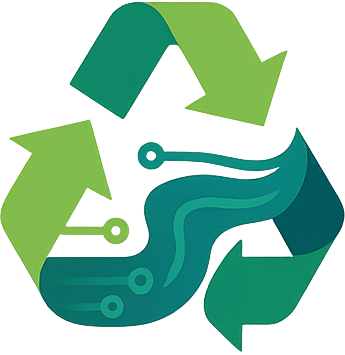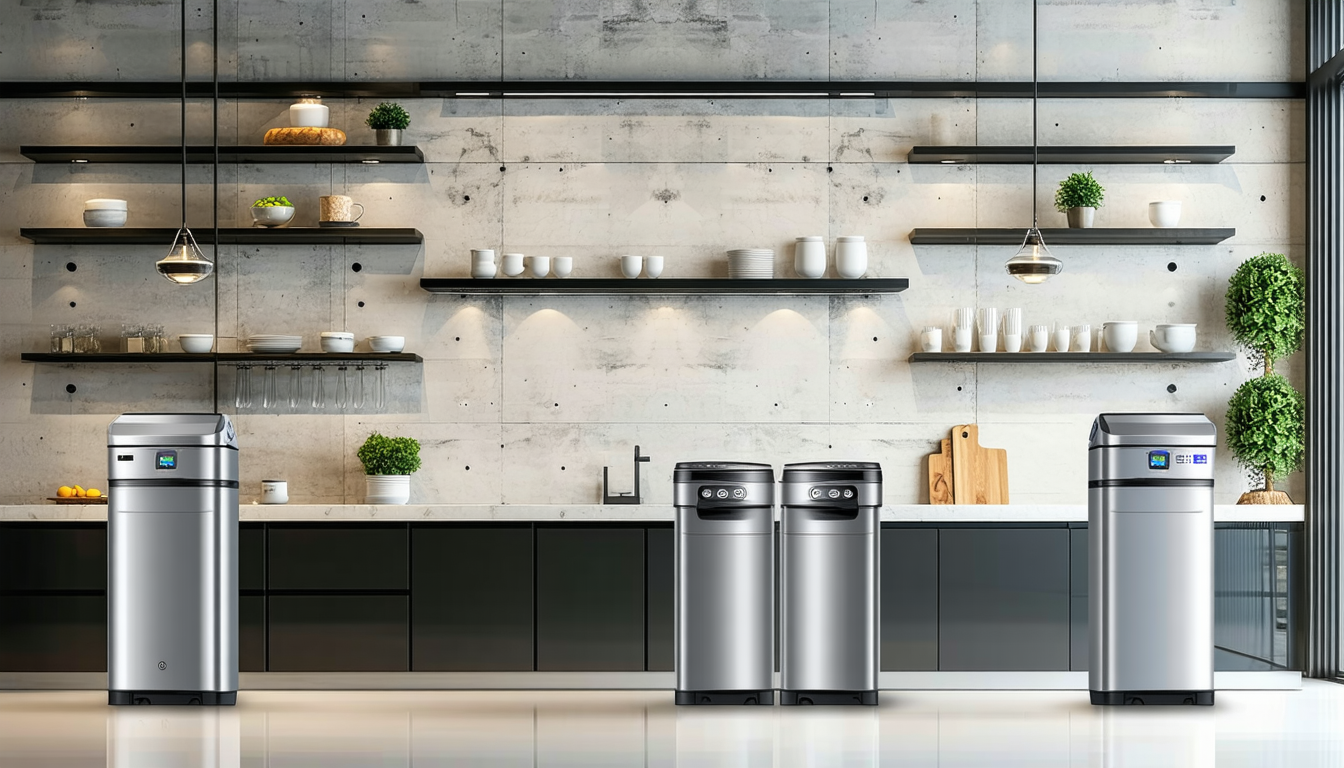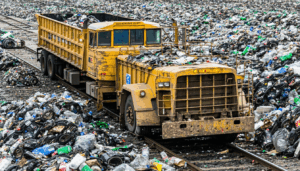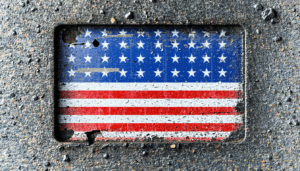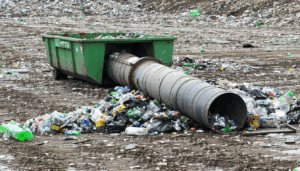In the ever-evolving world of kitchen technology, Waste King garbage disposals have emerged as a cornerstone for modern American households. Renowned for their durability and efficiency, these units are transforming waste management in homes across the United States. This article delves into the latest advancements in Waste King garbage disposal systems, their impact on sustainability, and what the future holds for this essential appliance. From cutting-edge features to environmental benefits, we uncover why Waste King remains a trusted name in kitchen innovation.
The Rise of Waste King Garbage Disposal in American Homes
Waste King, a brand under Anaheim Manufacturing Company, has been a leader in garbage disposal technology since the 1940s. With a focus on powerful motors and user-friendly designs, their products cater to a wide range of consumers, from budget-conscious buyers to those seeking premium models. In 2023, the company reported a 15% increase in U.S. sales, reflecting growing demand for efficient waste solutions amid rising environmental awareness.
Their latest models, such as the Waste King L-8000, boast high-speed motors and advanced grinding technology, capable of handling tough food scraps with ease. This surge in popularity highlights a broader trend: Americans are prioritizing appliances that save time and reduce landfill waste.
Key Features Driving Popularity
What sets Waste King garbage disposals apart in a competitive market? Several standout features contribute to their appeal among U.S. homeowners:
- Powerful Performance: Models like the L-2600 offer 1/2 horsepower motors, ensuring quick and effective grinding.
- Quiet Operation: Unlike older units, newer designs incorporate sound insulation for minimal noise, a major plus for open-plan kitchens.
- Easy Installation: Most units come with EZ Mount systems, allowing DIY enthusiasts to set them up without professional help.
- Affordability: With prices ranging from $75 to $200, Waste King offers options for various budgets.
These innovations address common pain points, making the brand a go-to choice for many households.
Environmental Impact and Sustainability
As sustainability becomes a priority for American families, Waste King garbage disposals play a vital role in reducing food waste sent to landfills. According to the Environmental Protection Agency (EPA), food scraps account for nearly 22% of municipal solid waste in the U.S. By grinding leftovers into smaller particles that can be processed through wastewater systems, these devices help divert organic waste from dumpsites.
“Waste King is at the forefront of eco-friendly kitchen solutions,” says Sarah Thompson, an environmental engineer based in California. “Their disposals encourage composting alternatives and lessen the burden on landfills when paired with proper municipal systems.” However, critics note that not all wastewater facilities can handle increased organic loads, urging better infrastructure to maximize benefits.
Challenges and Consumer Considerations
Despite their advantages, Waste King products face scrutiny over energy and water usage. High-powered units can consume significant electricity, and running water during operation adds to household bills. A 2022 study by Energy Star found that continuous-feed disposals, like many Waste King models, use up to 500 gallons of water annually per household.
Consumers are advised to weigh these factors against convenience. Some municipalities also restrict garbage disposal use due to sewer system limitations, so checking local regulations is essential before purchase.
Future Outlook for Waste King in the U.S.
Looking ahead, Waste King is poised to innovate further with smart technology integration. Industry insiders predict that by 2025, we may see disposals with app connectivity to monitor usage or alert users to maintenance needs. Additionally, the push for energy-efficient designs could lead to models with lower power consumption without sacrificing performance.
The brand’s commitment to sustainability aligns with national goals to reduce waste by 50% by 2030, as outlined in recent EPA initiatives. As urban populations grow, efficient waste management tools like these will be critical. “The future of kitchen appliances lies in balancing convenience with conservation,” notes Michael Rivera, a home improvement expert.
Conclusion
Waste King garbage disposals continue to redefine kitchen efficiency across the United States with their robust features and eco-conscious design. While challenges like energy use and regional restrictions persist, the brand’s focus on innovation positions it as a leader in household waste solutions. As technology advances and sustainability takes center stage, Waste King is likely to remain a staple in American homes, helping families manage waste smarter and greener.
Frequently Asked Questions (FAQ)
1. What makes Waste King garbage disposal different from other brands?
Waste King stands out due to its powerful motors, quiet operation, and affordable pricing. Their units are designed for easy installation and cater to various household needs.
2. Are Waste King garbage disposals environmentally friendly?
Yes, they help reduce landfill waste by grinding food scraps for wastewater processing. However, their impact depends on local sewer systems and water usage practices.
3. How much does a typical Waste King unit cost?
Prices range from $75 for entry-level models to $200 for premium units with advanced features like high horsepower and sound insulation.
4. Can I install a Waste King garbage disposal myself?
Most models feature an EZ Mount system, making DIY installation straightforward. Still, consulting a professional is recommended if you’re unsure about plumbing or electrical connections.
5. Are there any restrictions on using garbage disposals in the U.S.?
Some municipalities limit or ban garbage disposal use due to sewer system constraints. Always check local regulations before installing one.

